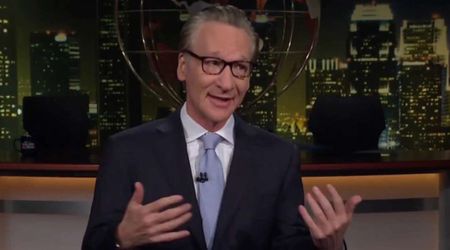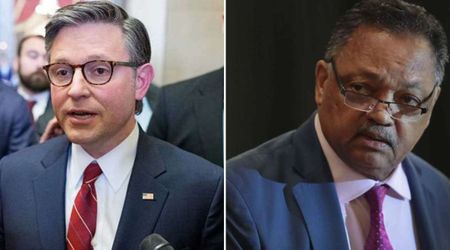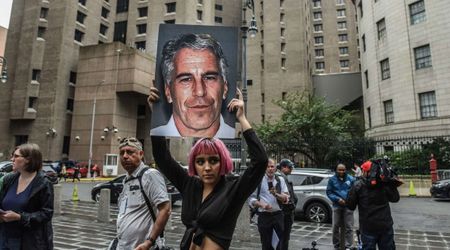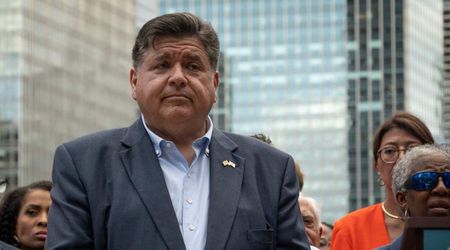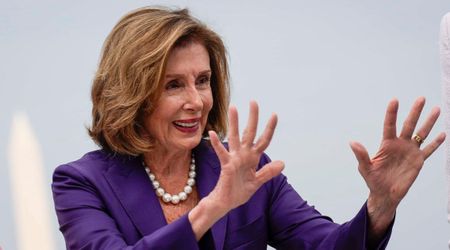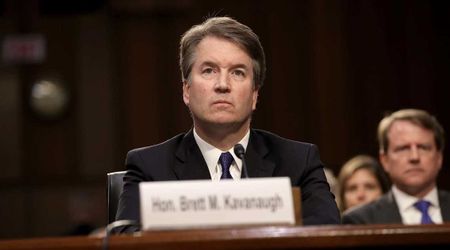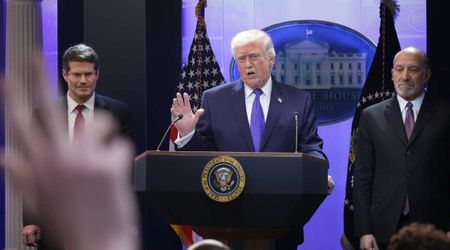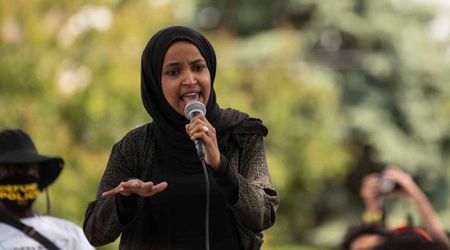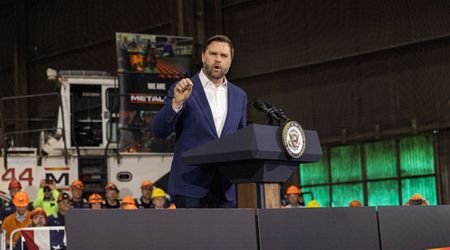Will Donald Trump need to surrender his firearms following hush money conviction?
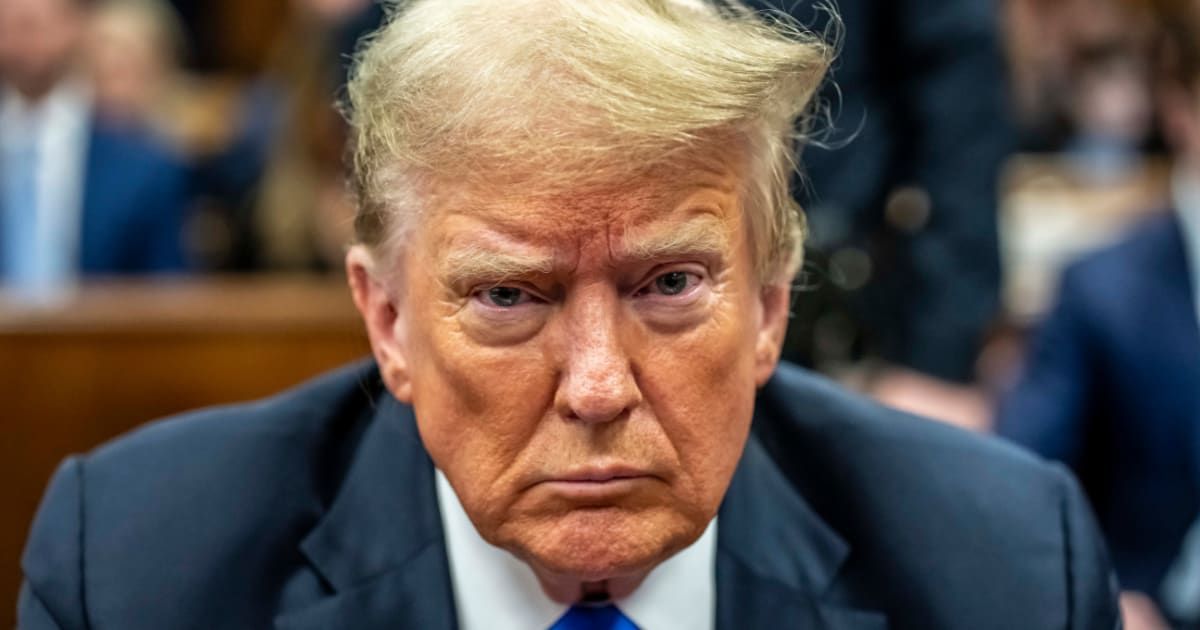
NEW YORK CITY, NEW YORK: Licensed gun owner Donald Trump must surrender all his firearms following his conviction in the New York hush money case.
Under New York state and federal law, convicted felons are prohibited from possessing any type of firearm. Trump, therefore, is required to legally transfer ownership of his weapons to another person or surrender them to authorities by his sentencing on July 11, according to criminal defense attorney Peter Tilem.
"There is no grace period. You are federally prohibited once you are convicted," told Tilem to the New York Post.
Is there any possibility Donald Trump could regain his gun rights?
However, Trump might not be permanently barred from owning firearms. According to criminal defense attorney Jeffrey Lichtman, the former president could apply for a "certificate of relief from civil disabilities" as early as his sentencing, which would restore his ability to own and carry a gun.
Additionally, if an appeals court overturns his convictions, Trump would regain his right to possess firearms.
Convicted felons in New York typically have the option to surrender their weapons at a local police precinct. Lichtman predicted that Trump would likely transfer ownership of his guns to one of his sons through a federally licensed gun dealer, a process that costs less than $50, and then wait out the appeals process.

Trump has been open about his gun ownership. In a 2012 interview with The Washington Times, he acknowledged having a concealed-carry permit for a Heckler & Koch HK45 and a .38-caliber Smith & Wesson.
In 2016, while discussing a series of deadly terror attacks in Paris, he reportedly told a French magazine, "I always carry a weapon on me. If I’d been at the Bataclan [concert hall] or one of those bars, I would have opened fire."
Defending gun rights has been a cornerstone of Trump’s political campaigns. He secured the endorsement of the National Rifle Association (NRA) in May 2024, making it a critical issue in his ongoing campaign.
What's next for Donald Trump?
On Thursday, May 30, a New York jury found Trump guilty on all 34 counts of falsifying business records related to a $130,000 "hush money" payment made to Stormy Daniels to influence the 2016 presidential election. The ex-POTUS vehemently denounced the trial as a "disgrace," proclaiming his innocence to reporters.
Trump’s conviction marks the conclusion of the historic hush money trial, but the legal battle is far from over. Judge Juan M Merchan has scheduled sentencing for July 11, just days before the Republican National Convention, where the White House hopeful is expected to be officially nominated for the 2024 presidential election.

The charge of falsifying business records is a Class E felony in New York, the lowest tier of felony charges in the state, carrying a maximum sentence of four years in prison.
The final decision on Trump’s punishment rests with Judge Merchan, and there is no guarantee that Trump will serve time behind bars. Manhattan District Attorney Alvin Bragg has not disclosed whether prosecutors will seek a prison sentence.
Judge Merchan may consider the political and logistical implications of incarcerating a former president who is actively campaigning to return to the White House. Alternative punishments could include a fine or probation. It is also possible that Trump may avoid serving any punishment until the appeals process is over.
Trump faces additional legal challenges beyond the Manhattan case. He is entangled in three more criminal cases that could potentially lead to more severe prison sentences. However, these cases have been delayed by appeals and other legal maneuvers, making it uncertain if any will proceed to trial before the November election, as per the Associated Press.

